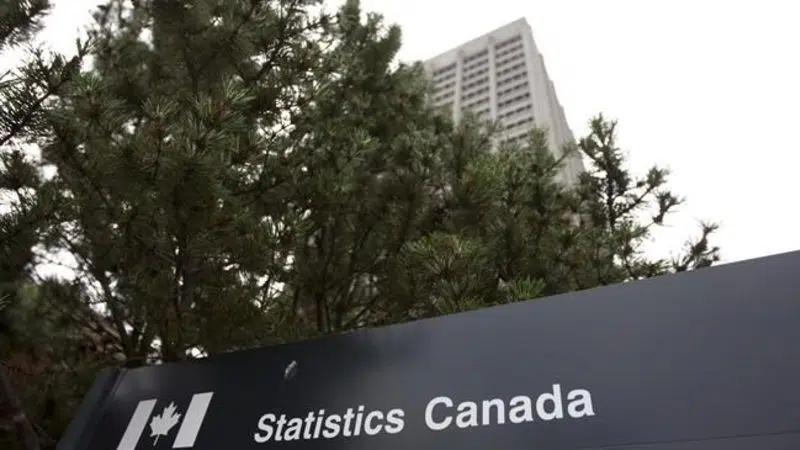
Liberals’ bump in child benefits fuels poverty rate drop, Statistics Canada says
OTTAWA — Fewer Canadians are living under the official poverty line than at any time in the last decade, Statistics Canada reported Tuesday
The agency laid the credit for the drop on a combination of a buoyant economy and the Liberals signature child benefit.
The national statistics office says that in 2017, the most recent year available, 3.4 million Canadians, or 9.5 per cent of the population, lived below the poverty line the government officially adopted late last year — including 622,000 children — which is the lowest the agency reported going back to 2006.


